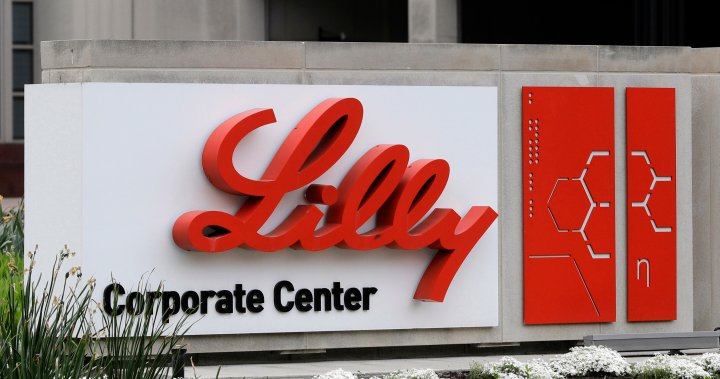
Alzheimer’s drug slows progression in patients. It may soon be approved in U.S.
Global News
Another experimental Alzheimer’s drug can modestly slow patients’ inevitable worsening — by about four to seven months, researchers reported Monday.
Another experimental Alzheimer’s drug can modestly slow patients’ inevitable worsening — by about four to seven months, researchers reported Monday.
Eli Lilly and Co. is seeking Food and Drug Administration approval of donanemab. If cleared, it would be only the second Alzheimer’s treatment convincingly shown to delay the mind-robbing disease — after the recently approved Leqembi from Japanese drugmaker Eisai.
“Finally there’s some hope, right, that we can talk about,” Lilly’s Dr. John Sims told reporters Monday at the Alzheimer’s Association International Conference in Amsterdam.
“We don’t cure the disease,” he said. “Diabetes doesn’t have a cure either — it doesn’t mean you can’t have very meaningful treatments for patients.”
Lilly announced in May that donanemab appeared to work, but on Monday the full results of a study of 1,700 patients was published by the Journal of the American Medical Association and presented at the Alzheimer’s conference.
Both donanemab and Leqembi are lab-made antibodies, administered by IV, that target one Alzheimer’s culprit, sticky amyloid buildup in the brain. And both drugs come with a serious safety concern — brain swelling or bleeding that in the Lilly study was linked to three deaths.
Scientists say while these drugs may mark a new era in Alzheimer’s therapy, huge questions remain about which patients should try them and how much benefit they’ll really notice.
“The modest benefits would likely not be questioned by patients, clinicians or payers if amyloid antibodies were low risk, inexpensive and simple to administer. However, they are none of these,” Dr. Eric Widera of the University of California, San Francisco, wrote in a JAMA editorial accompanying Lilly’s new data.












